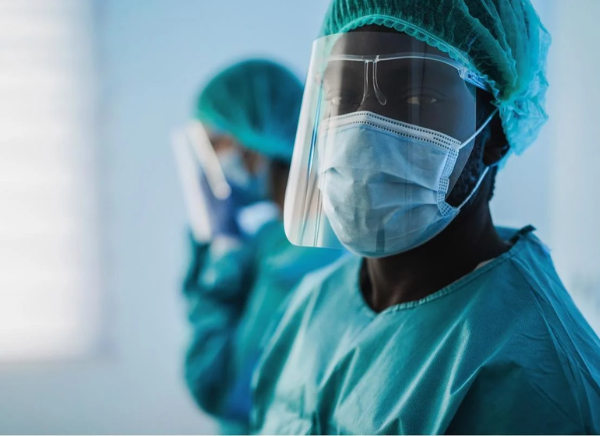
South Africa‘s healthcare resilience takes a leap forward with the inaugural Phakamisa Sustainability and Innovation Summit. This groundbreaking event, held at the Embassy of Sweden, focuses on enhancing the efficiency and fairness of healthcare delivery nationwide. Key areas of discussion include prevention, early detection, capacity building, health equity, and the strategic use of innovation to establish sustainable healthcare systems.
Addressing pressing concerns such as the surge in noncommunicable diseases like cancer, diabetes, and heart disease in South Africa, the summit draws expertise from diverse sectors. Esteemed speakers, including Deputy Minister of Health Dr. Sibongiseni Dhlomo, represent various stakeholders such as businesses, patient groups, NGOs, and the United Nations.
A notable highlight is the partnership between AstraZeneca and Rare Diseases South Africa. This collaboration aims to establish a national registry for rare diseases, offering training and support to young patients and caregivers affected by these conditions. Given that 1 in 15 South Africans is estimated to be impacted by rare diseases, this initiative seeks to enhance understanding and promote equitable healthcare for affected individuals.
AstraZeneca also expands its collaboration with Medsol AI Solutions, introducing advanced Wi-Fi ultrasound probes for rapid breast cancer detection. The AI-driven detection app, initially deployed in rural healthcare facilities, will now extend to breast cancer screening programs at prominent clinics.
Pelin Incesu, Area Vice President, Middle East and Africa at AstraZeneca, emphasizes the company’s commitment to fortifying South Africa’s healthcare system. Through equitable access to care, innovative technologies, and collaborative efforts, AstraZeneca aims to detect diseases earlier and improve patient outcomes.
Deputy Minister of Health Dr. Sibongiseni Dhlomo underscores the government’s dedication to delivering quality healthcare services. Collaborative efforts across public, private, and third sectors are essential to building a resilient and sustainable health system capable of addressing current and future challenges, especially with the rising prevalence of non-communicable diseases.
Kelly Du Plessis, representing Rare Disease South Africa, sees these agreements as crucial steps toward creating a better future for millions affected by rare diseases. The Phakamisa Sustainability and Innovation Summit serves as an apt platform to announce these partnerships, contributing to the overall strengthening of the healthcare system.